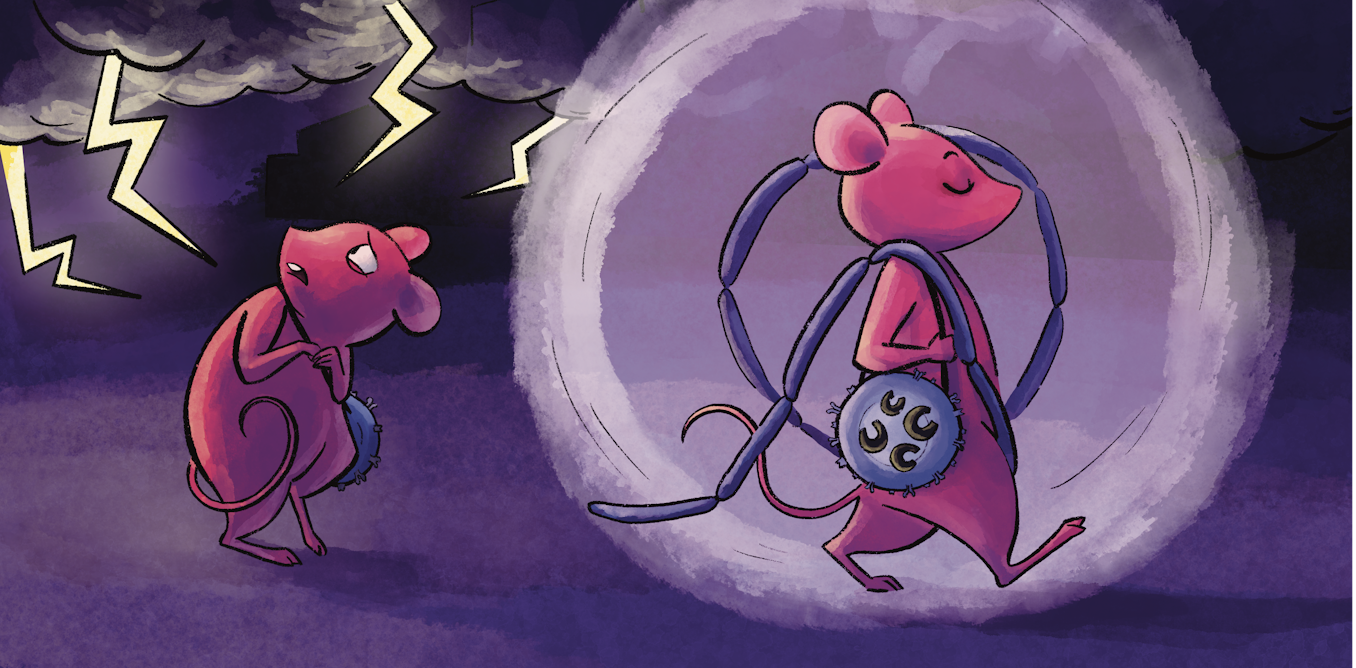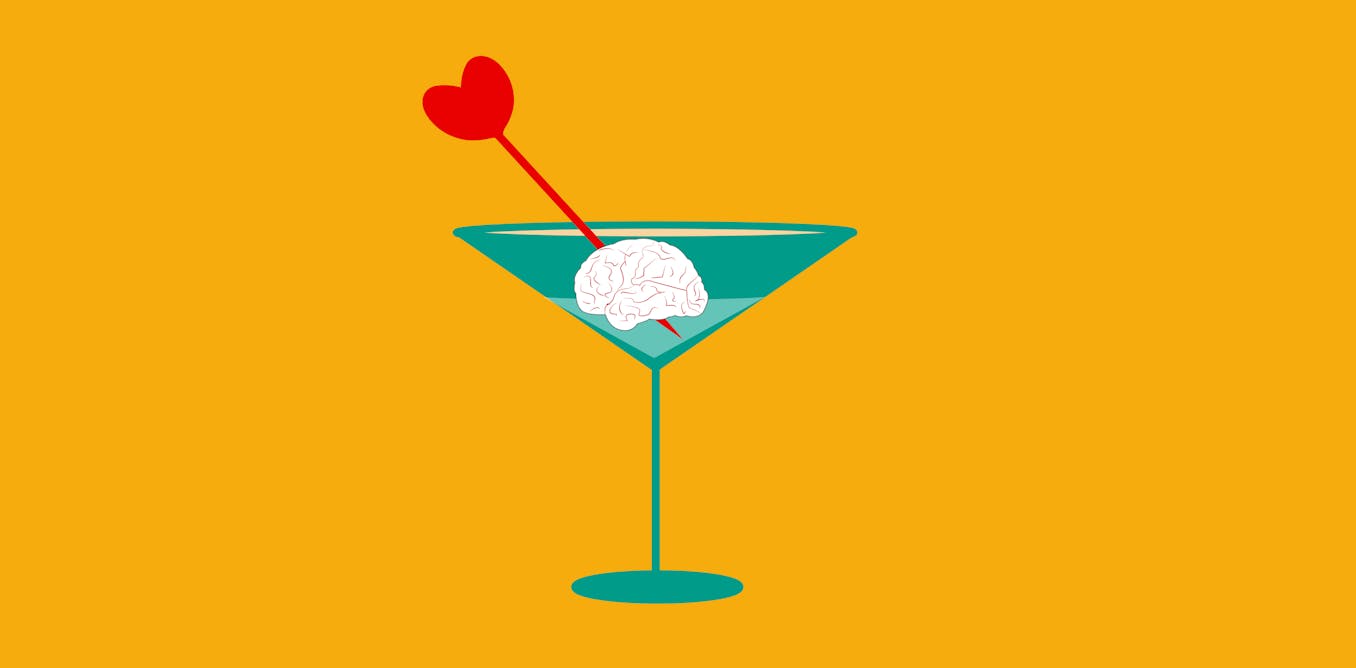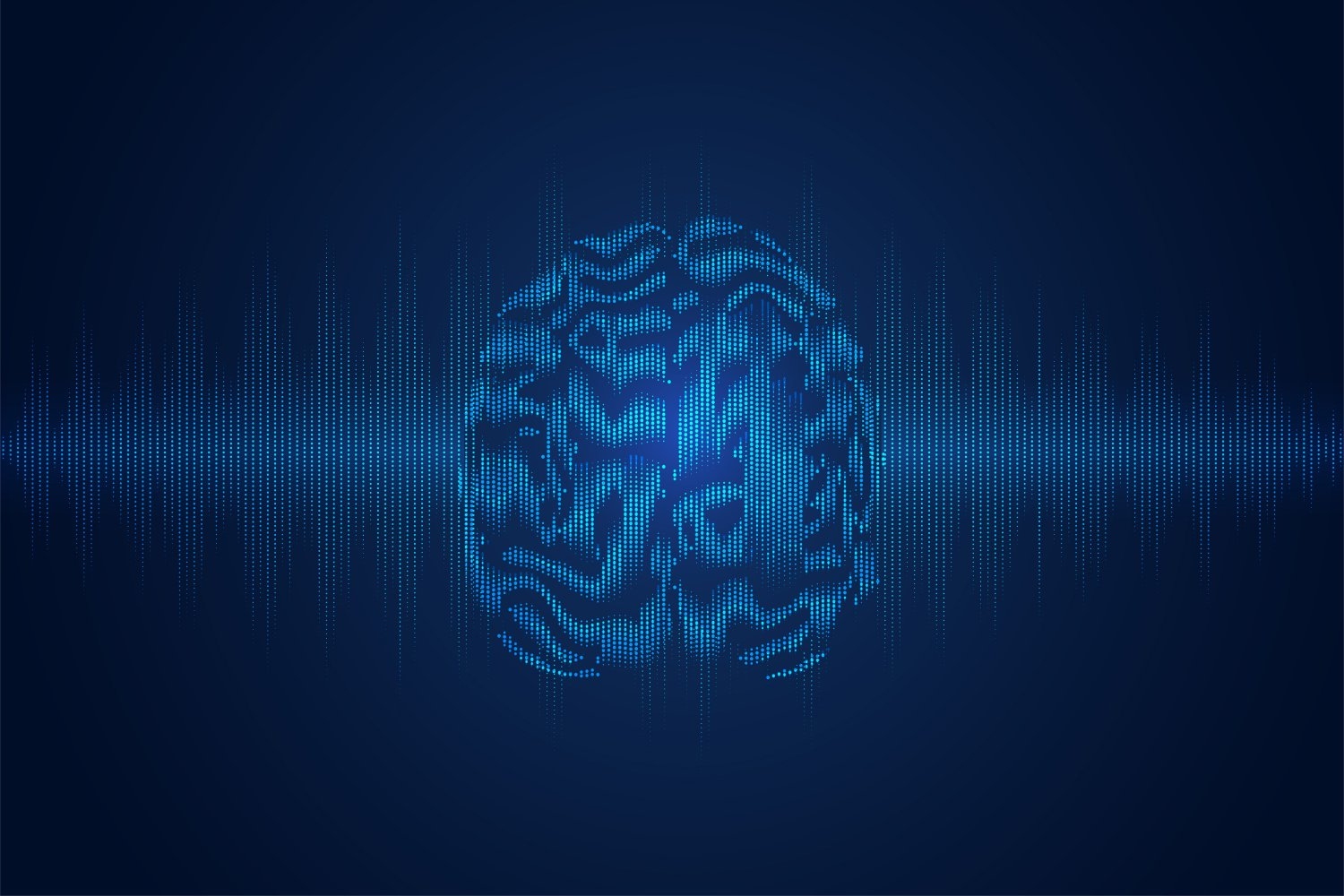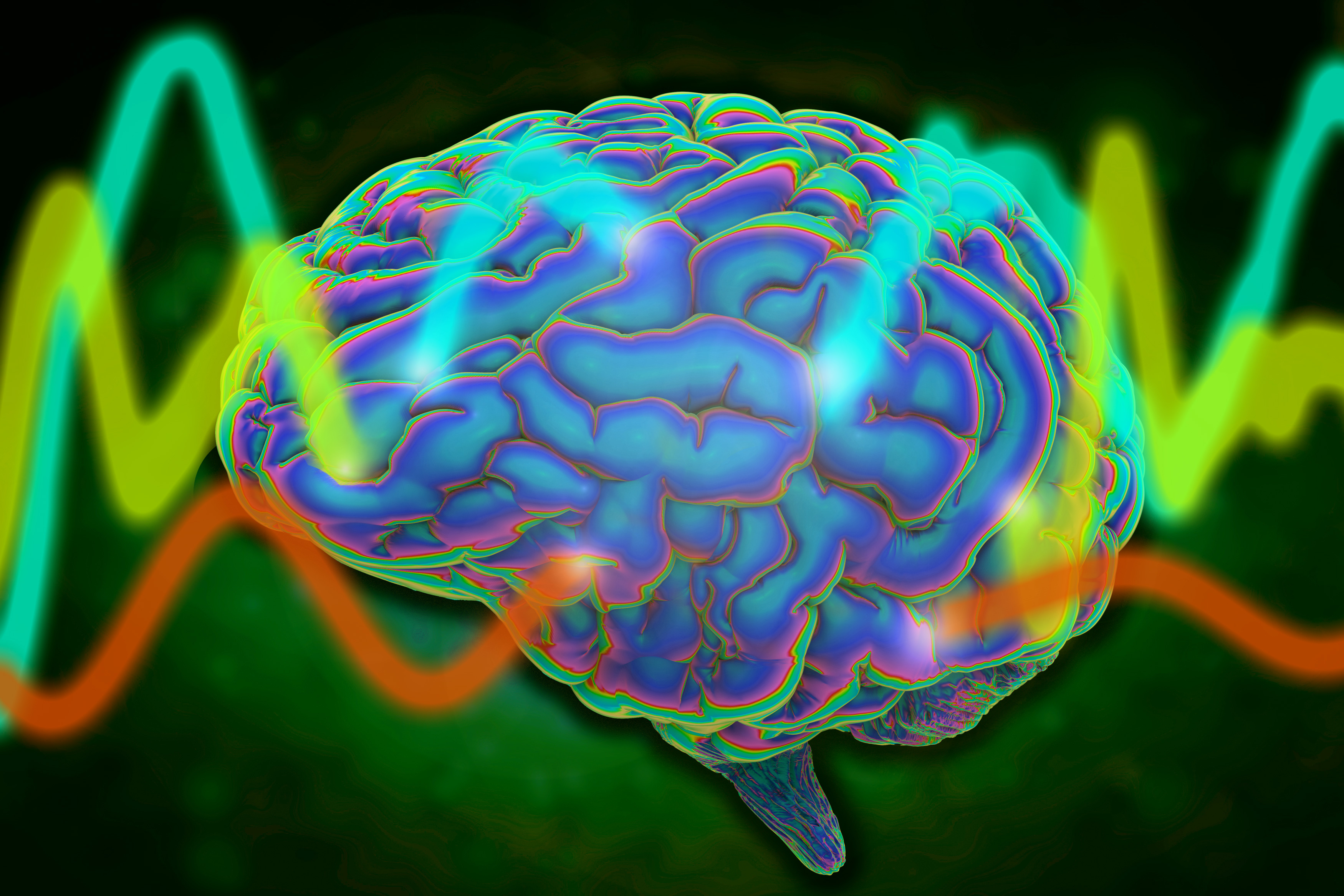Bacteria in your gut can improve your mood − new research in mice tries to zero in on the crucial strains
The organisms living in your gut microbiome can influence your mental and physical health. Researchers have developed a way to better test for those biological effects.
Feb. 15, 2024 • ~7 min










